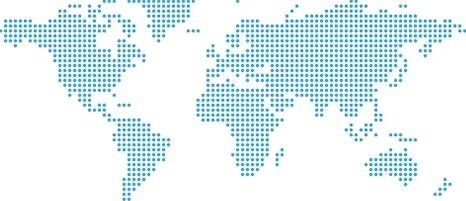
By Brian Collett — A small proportion of global businesses approached by a leading survey agency addresses climate change issues and child labour in their supply chains, though their motivation is difficult to assess.
The Economist Intelligence Unit, the forecasting and advisory arm of the UK Economist Group media company, reported that fewer than a quarter of the interviewed companies tried to meet the main ethical standards.
Asus, the consumer electronics multinational headquartered in Taiwan, chooses topics for action after consultations with stakeholders, including investors and shareholders, and calculates the impact of its policies on its business policies.
Samson Hu, the Asus chief operating officer, said it was then the CSR professional’s job to explain how neglecting a social or environmental issue would affect finances, and how action would “create a quantifiable opportunity”.
This suggests that an ethical decision is partly a business decision.
However, Hu adds that the company insists on welfare standards for its suppliers’ workforces.
He says: “We ask all suppliers to conduct occupational risk assessments for pregnant labourers, who must be transferred to maternity-friendly tasks if any risks are identified.”
One condition is that pregnant and breastfeeding women are exempted from overtime and night shifts.
London-based British American Tobacco, said the report, takes the impact of deforestation and desertification seriously because it wants to protect the sources of its raw material.
The report says: “You’re seeing … ‘strategic CSR’, where something of value is at risk if it is not done.”
This, too, hints that business performance has a part in the company’s ethical decisions.
The researchers find many companies pay more attention to issues in which short-term risks and benefits and opportunities involving health and safety and waste reduction can be quantified than to less tangible longer-term matters such as climate change.
Most companies are said to describe their supply chains as responsible and realise this is directly linked to brand reputation, but few actually tackle child labour, gender equality and climate change.
Progress in raising ethical standards has “stalled in many places”, say the researchers.
They note a contrast between perception and reality. Four in five executives claim their companies have responsible supply chains, yet the researchers found 30 per cent of businesses have reduced their attention to supply chain responsibility in the past five years, only 27 per cent are willing to co-operate with non-competitor businesses to raise suppliers’ standards, and only 23 per cent will co-operate with competitors.
The researchers reported that 94 per cent of the survey participants believed they complied with government standards or went even further, and 97 per cent thought they matched industry watchdog standards.
The survey reaction was critical: “This indicates a degree of complacency, given that many key issues are still overlooked. The study concludes that a failure to acknowledge the risks and lack of understanding among companies of their own supply chains is not a positive result.
“Companies should think long-term and build a business case for more transparent, sustainable and socially inclusive supply chains.”
The study, sponsored by Standard Chartered Bank, surveyed 100 respondents each from China, Germany, Hong Kong, Italy, Japan, Singapore, South Korea and the US.
TriplePundit has published articles from over 1000 contributors. If you'd like to be a guest author, please get in touch!














